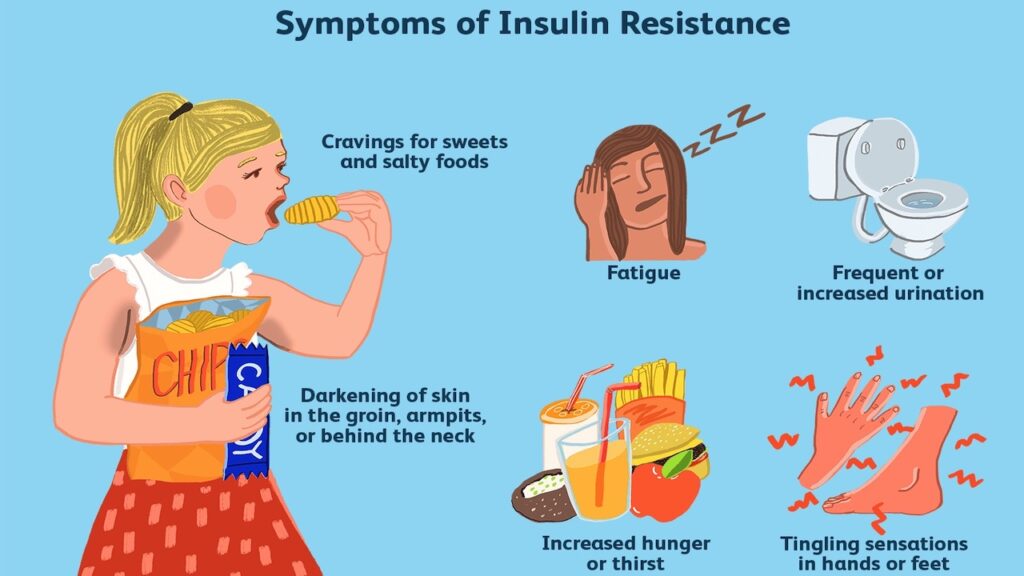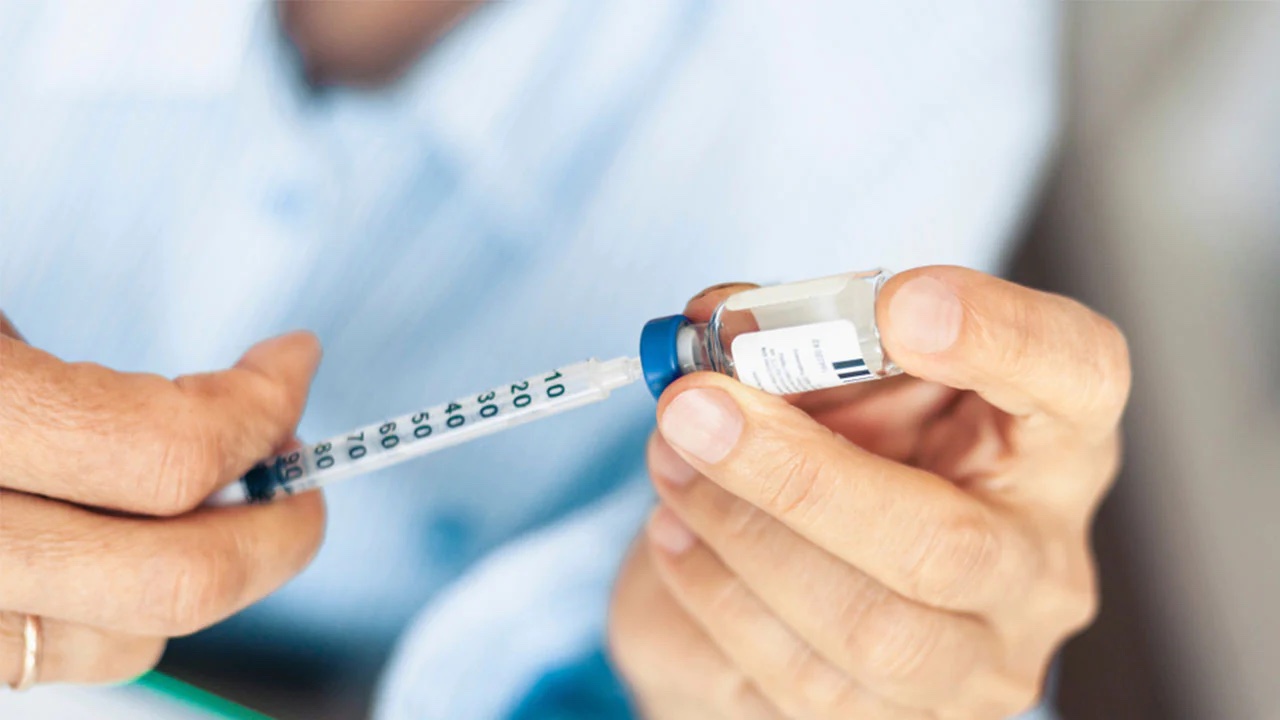Decades ago, in the 1920s, a curious discovery was made. Cancer patients produced sweet-smelling urine. This odd observation, initially met with puzzlement, was soon attributed to insulin resistance, a condition where the body doesn’t respond effectively to insulin, leading to elevated blood sugar levels, thereby intertwining the paths of cancer and diabetes.
In the early days, we understood this much about cancer patients
recalls Associate Professor Lykke Sylow.
Unveiling the link between cancer and blood sugar
This distinctive symptom hinted at an effect of cancer on the body’s blood sugar regulation. But how did it occur? A fresh study now offers an answer. Previous investigations had sought links between cancer and insulin. This new research, led by Lykke Sylow and her team, delves deeper into the wealth of scientific evidence and finds a conclusive answer:
Cancer patients’ cells show decreased sensitivity to the hormone insulin, necessitating more insulin to achieve a similar response,” says Sylow, a chief contributor to the study. “Insulin resistance implies the need for an overproduction of insulin to maintain blood sugar balance,
Interestingly, the body’s impaired response to insulin is a common thread linking cancer patients and individuals with type 2 diabetes.
The hidden symptoms and implications of insulin resistance
Signs of type 2 diabetes like fatigue, and increased thirst and urination can be subtle and hard to notice. Identifying insulin resistance in cancer patients can be even trickier, as they often already experience similar symptoms such as fatigue.
Insulin resistance doesn’t just wreak havoc on the body’s ability to regulate blood sugar; it can also stimulate the growth of cancer cells.
Insulin is a growth hormone, and it affects cancer cells in the same way. High insulin levels can lead to rapid proliferation of cancer cells
warns Joan Màrmol, another lead author of the study.

Insulin resistance could also negatively affect muscle protein buildup, leading to muscle mass and strength loss a serious concern for many cancer patients.
Looking to the future
Sylow urges oncologists to routinely check blood sugar levels in cancer patients. Insulin resistance can be tricky to detect as the body compensates by producing more insulin.
Treatment should commence if insulin resistance is detected. We can treat insulin resistance—we just haven’t previously associated it with cancer
says Sylow.
However, she emphasizes that further research is necessary.
Identifying high-risk individuals and understanding whether specific types of cancer or risk factors contribute to insulin resistance is our next goal
says Sylow.
So, dear readers, what are your thoughts on this intriguing connection between cancer and diabetes? Share your insights and opinions in the comments section below!













